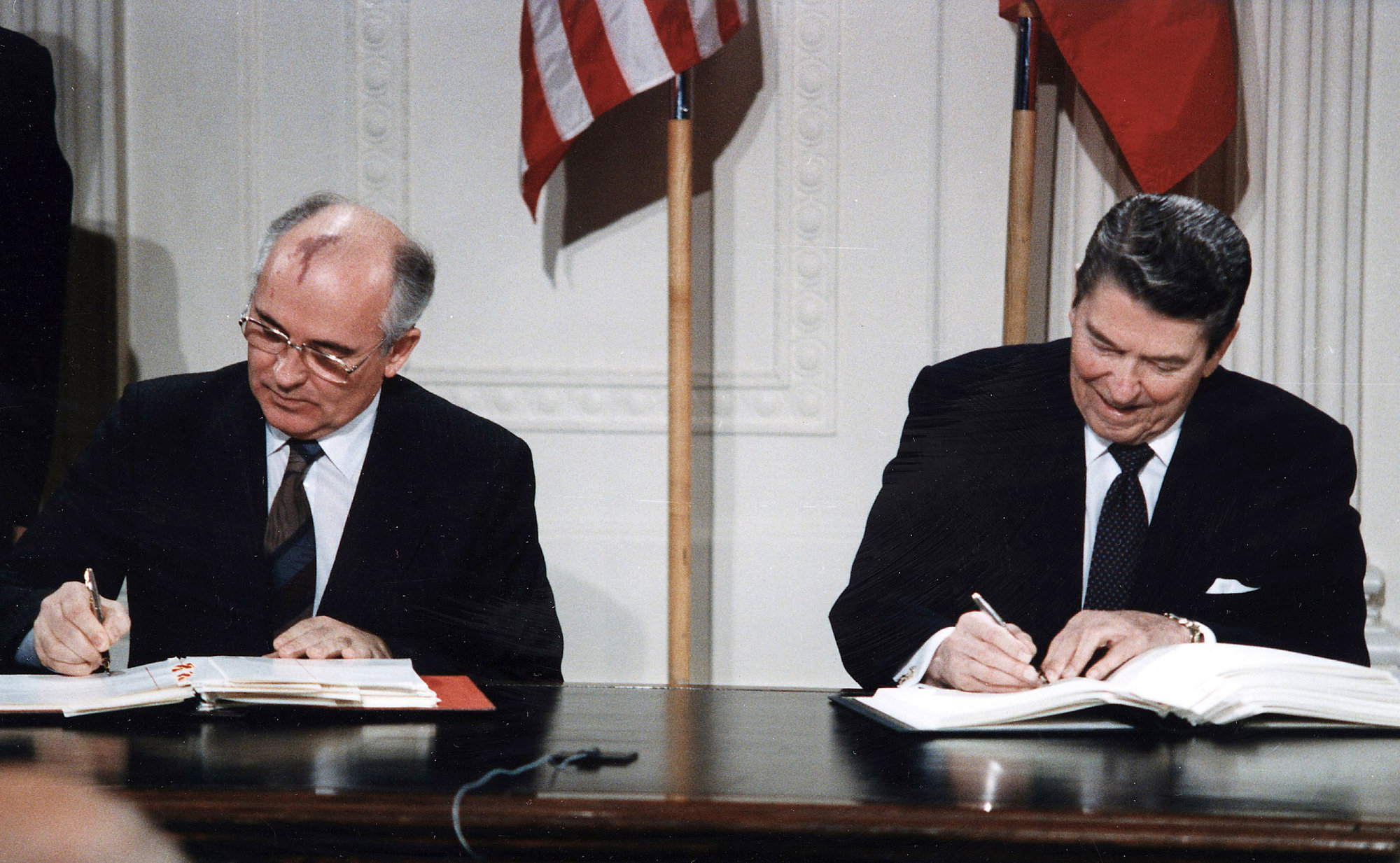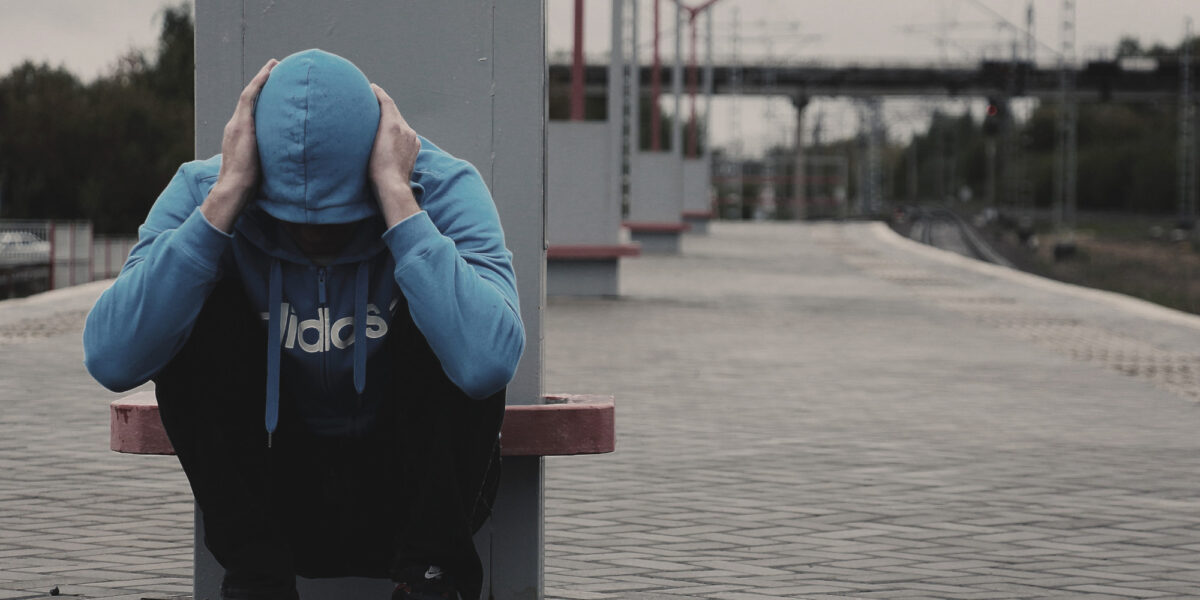Chapter Contents
- Apocalyptic Tales of Climate Change
- Use of Language and Perspective in Teaching Climate Change
- Hope and Optimism
- Considerations of Fear, Anxiety, and Mental Health
- Apocalyptic Prophesies Versus Predictions of Climate Change
- Reality Check: A Personal Perspective
- Science Teaching Toward a Sustainable World
- Resources
Image above: Canva
Inside all of us is HOPE.
Inside all of us is FEAR.
Inside all of us is ADVENTURE.
Inside all of us is A WILD THING.
~ Maurice Sendak
If we are honest in our climate education efforts, we will scare people and make them sad. And we have a moral obligation to be honest.
It is disheartening to cause people feelings of sadness and anxiety, but sharing bad news is importantly different from creating bad news. One way or another, the truth of the severity of climate change will reach most everyone. If that news can be delivered with empathy and guidance on addressing the associated issues, then the sadness can be reduced if not eliminated.
It is also not difficult to reconcile the need to be honest with the "problem" of making people scared and sad if you recognize that sometimes it is okay to be sad and okay to be scared.
Fear also motivates. It is a protective emotion, leading us to take action against what threatens us.
After watching the 1983 television nuclear Armageddon film, The Day After, President Ronald Reagan wrote in his journal that he must do what he can to assure there is never a nuclear war [Reagan, 1983]. And he got to work on it immediately, ultimately signing the first treaty in which the United States and Soviet Union agreed to eliminate a weapons class and reduce the number of weapons in their nuclear stockpile. Fear can change history.

Fear is a survival response and a complex one. It can be both wonderful and horrible.Think of the exhilarating feelings of a first kiss or a roller coaster ride. Contrast those feelings with the fear and paralysis in the moments of recognition of true danger.
The amygdala, deep in our brains, triggers the fear response. Our nervous systems release the hormones adrenaline and cortisol. Our blood pressure rises, as does the level of glucose in our bloodstream. Our bodies are busy getting ready for something! Sometimes this is fun, like at a scary movie. Sometimes it is antithesis of fun.
The fears induced by gaining understandings of climate change are anything but fun. But they are rational. And, they are or can be, quite helpful. If you are sharing the experience with others, fear can help build strong social connections. Another hormone, oxytocin, "the love hormone," is released too and it helps to fortify social bonds in times of shared stress.
While it may be uncomfortable to either be scared and sad or to make other people scared and sad, avoiding emotions because they are unpleasant can be deeply problematic. It is fully rational to be scared of scary things. It is fully rational to be sad about what has happened and is happening to our climate system and the broader environment. Sometimes it is okay to be sad.
Negative emotions like sadness, fear, and anger can make our lives miserable if we stew in them. If we accept that those emotions are rational responses to the state of things and that the emotions themselves are not the problem but catalysts for getting to work on the problems, then we will both protect our mental health and the health of the broader environment.
We should not fear fear. Or, if we do fear it, we should recognize its protective nature. Fear has convinced me to study, made me steer into the skid, made me pull a child away from a hot fire, and protected me and those I care about in countless other ways. Fear heightens the senses.
However, sometimes the weight of the world is too much to carry alone, and outside help is needed.
Without fear and anger to motivate us, the institutions, individuals, and practices that threaten us would go unchecked. Perhaps the best way to reduce anxiety and depression is to get to work on the problems that cause the anxiety and depression.
Likewise, one of the worst ways to deal with anxiety and depression is to deny that the problems triggering these emotions are real. Even very young children have heard about concerns related to climate change. Ignoring that reality is likely to heighten anxiety, not reduce it.
In, Judging Emotions as Good or Bad: Individual Differences and Associations with Psychological Health, Wilroth et al (2023) describe how our emotions about our emotions can effect our mental health. Having negative emotions about negative emotions (as opposed to either recognizing that they are rational or beneficial) can reinforce the negative emotions and hamper effective responses to the triggers of those responses. See a New York Times story on the research here.
We should also acknowledge that being scared or sad is an indication that we care about people, the planet, and its life. That's a good thing.



